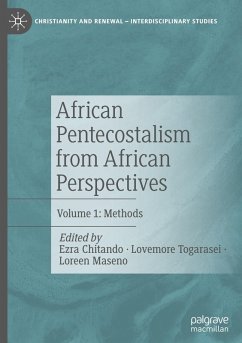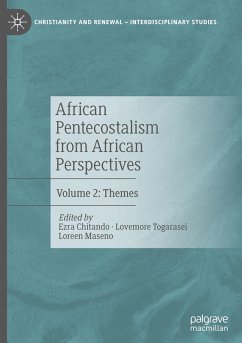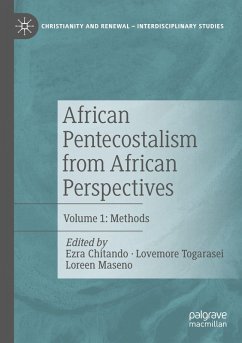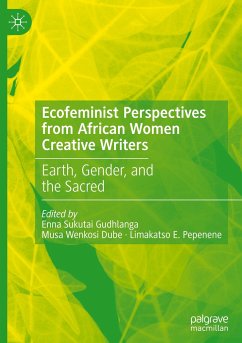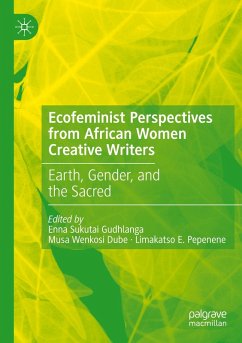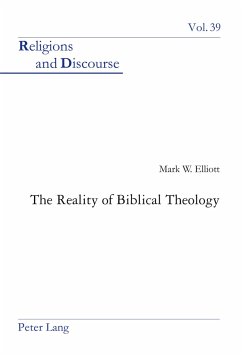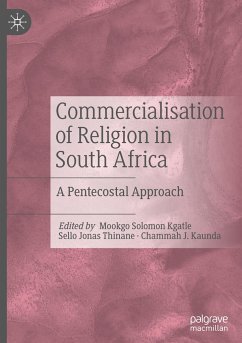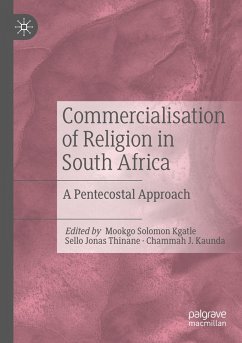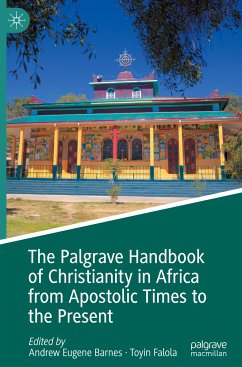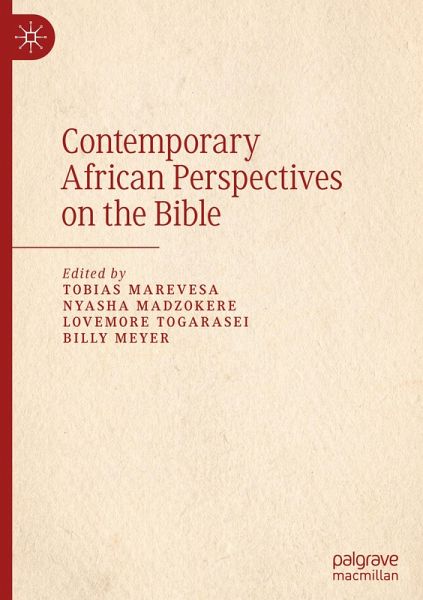
Contemporary African Perspectives on the Bible

PAYBACK Punkte
57 °P sammeln!
This volume explores current methodological developments in the interpretation of the Bible from an African perspective. Previous scholarship has explored the relevance of Eurocentric biblical interpretive methods to African experiences and contexts. This book furthers the discussion by examining the continuing importance of contextual Bible interpretation. Authors provide an evaluation of the work done by the precursors and predecessors interpreting the Bible from an African point of view, and then analyse the emerging challenges to interpreting the Bible in an ever-changing context. The volu...
This volume explores current methodological developments in the interpretation of the Bible from an African perspective. Previous scholarship has explored the relevance of Eurocentric biblical interpretive methods to African experiences and contexts. This book furthers the discussion by examining the continuing importance of contextual Bible interpretation. Authors provide an evaluation of the work done by the precursors and predecessors interpreting the Bible from an African point of view, and then analyse the emerging challenges to interpreting the Bible in an ever-changing context. The volume is a comprehensive resource, providing new interpretations of the Bible in Africa, and addressing the contemporary questions of people in Africa and beyond.





